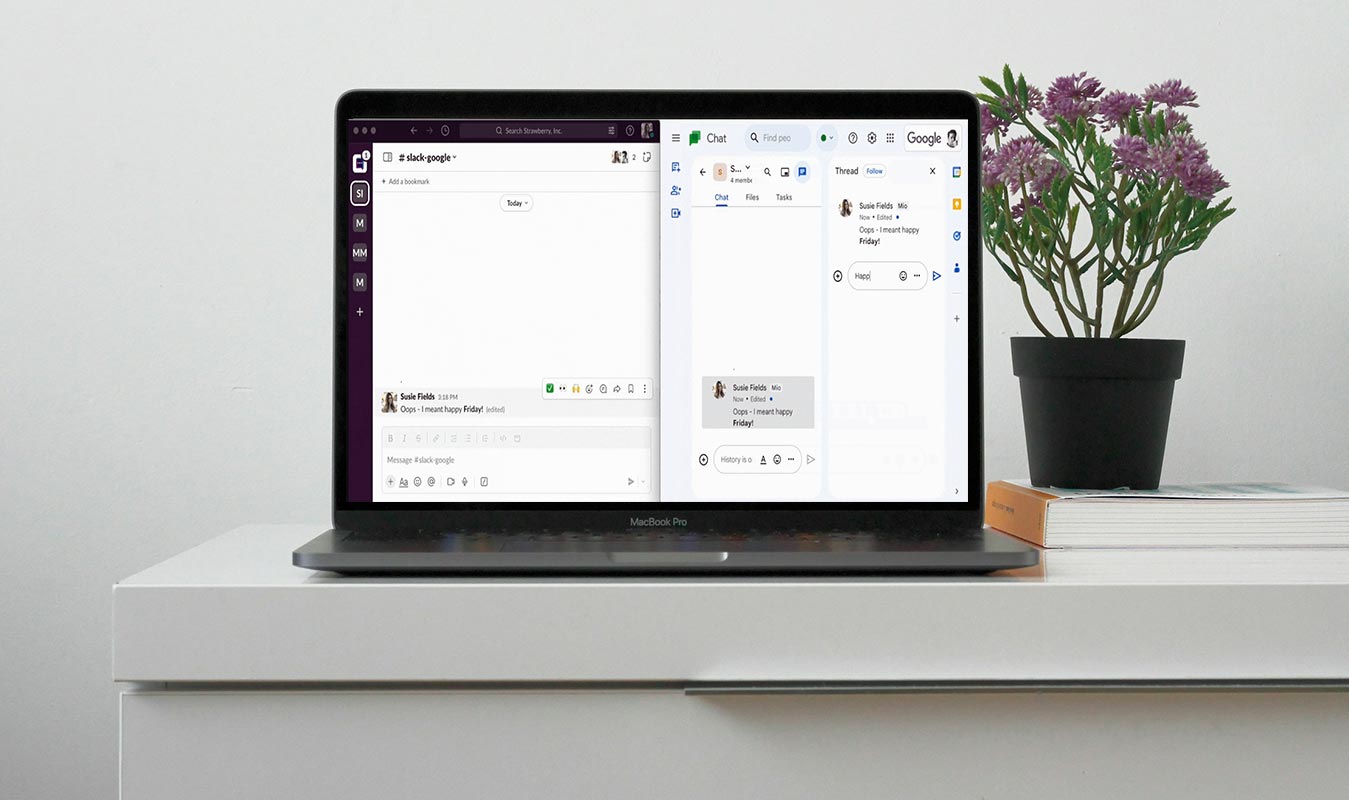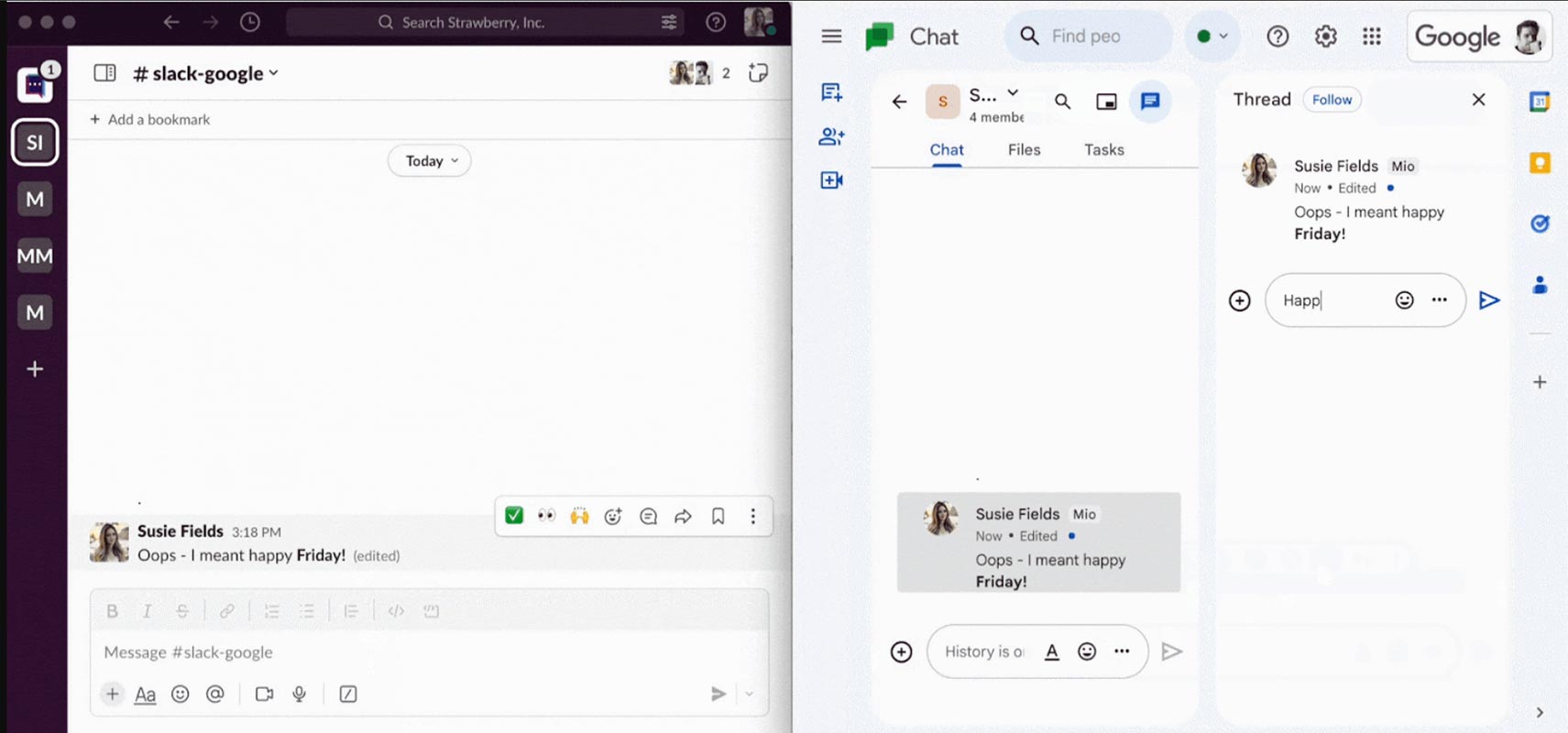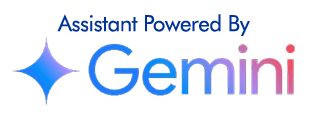Recent advancements have transformed Google Chat, enhancing its interoperability with competitors like Slack and Microsoft Teams, offering users a promising avenue for seamless collaboration across diverse platforms. However, this integration has a caveat: users may need to invest in additional purchases to unlock its full potential. Despite the benefits of enhanced communication and collaboration, the necessity for supplementary investments could pose a barrier for some users. Nonetheless, Google’s strides towards interoperability reflect a broader trend in the tech industry, driven by a growing emphasis on connectivity and cross-platform functionality. As digital ecosystems continue to evolve, the ability to integrate seamlessly with rival platforms becomes increasingly vital, empowering users to navigate and engage with a diverse array of tools and services.
Google Chat Integration in Slack and Microsoft Teams
Testing Phase
Google has been experimenting with interoperability between Google Chat and other primary messaging services. Last year, the tech giant announced its successful integration with Microsoft Teams and Slack, albeit in a limited capacity and accessible only to a select group of Workspace customers participating in a Beta program.

Full Rollout
Now, Google has officially confirmed the release of the latest stable version of Google Chat, equipped with enhanced interoperability, to all Google Workspace customers. This advancement aims to unleash the full potential of Google Chat as a versatile chat client. Given its seamless integration with Google Workspace, which boasts millions of active users, this development holds significant promise for streamlined communication.
The Cost of Interoperability
Need for Licensing
Despite the benefits of cross-platform communication, users seeking to connect with colleagues on Microsoft Teams or Slack via Google Chat may encounter an additional requirement—a Mio license. In essence, while Google Chat’s interoperability feature opens doors to enhanced collaboration, it may not come free of charge.
Licensing Fees
Mio, a company specializing in interoperability solutions for Google Workspace and Microsoft 365, offers licenses tailored to organizations’ sizes and requirements. However, specific details regarding licensing fees still need to be explored, leaving users needing clarification about the financial implications of enabling interoperability.
Regulatory Pressures and Market Dynamics
Regulatory Landscape
The move towards interoperability in messaging platforms aligns with the shifting regulatory landscape, characterized by increased scrutiny of tech giant’s practices. Regulatory bodies, including the European Union and others globally, have advocated for openness and fair competition, urging companies to dismantle walled gardens and facilitate cross-platform communication.
Preemptive Measures
In response to regulatory pressures and changing market dynamics, several significant players in collaboration, including Microsoft, Slack, Zoom, and Cisco, have taken preemptive measures to enable interoperability within their platforms. These companies aim to preempt regulatory intervention by embracing interoperability while enhancing user experience and fostering collaboration.
Google’s Strategic Initiative
Facilitating Collaboration
Google’s introduction of interoperability between Google Chat and rival platforms represents a strategic initiative to empower Google Workspace users with seamless communication capabilities. By partnering with Mio and expanding chat space limits, Google seeks to cater to the evolving needs of modern workplaces and foster greater collaboration among teams.
FAQs
Is Google Chat’s interoperability feature available to all users?
Google Chat’s interoperability feature is accessible to all Google Workspace customers, but additional licensing may be required to connect with colleagues on Slack and Microsoft Teams.
How do licensing fees for Mio’s services work?
Although specific pricing details are not publicly disclosed, Mio offers licensing tailored to organizations’ sizes and needs.
Why are regulatory bodies advocating for interoperability in messaging platforms?
Regulatory bodies strive for fair competition, breaking tech giants’ walled gardens to foster innovation and user choice in environments.
How have other collaboration platforms responded to the trend of interoperability?
Microsoft, Slack, Zoom, and Cisco embrace interoperability, improving user experience and proactively preempting regulatory scrutiny within their platforms.
What strategic benefits does Google aim to achieve through interoperability with rival platforms?
Google aims to solidify its enterprise market presence and adapt to modern workplace needs by enabling seamless communication and collaboration.
Wrap Up
Integrating Google Chat with Slack and Microsoft Teams offers transformative collaboration, boosting efficiency and connectivity for users across platforms. However, amidst the excitement of these advancements, users must weigh the potential costs and regulatory ramifications carefully. The tech landscape evolves swiftly; initiatives for interoperability grow, mirroring the trends toward seamless integration and connectivity.
Initiatives boost productivity, flexibility, and innovation in digital ecosystems, allowing fluid interaction across various platforms for users. Users must stay vigilant and aware of challenges to maximize interoperability benefits and mitigate risks and limitations effectively. Navigating cross-platform collaboration requires a strategic, informed approach, effectively balancing connectivity promise with cost and compliance realities.

Selva Ganesh is a Computer Science Engineer, Android Developer, and Tech Enthusiast. As the Chief Editor of this blog, he brings over 10 years of experience in Android development and professional blogging. He has completed multiple courses under the Google News Initiative, enhancing his expertise in digital journalism and content accuracy. Selva also manages Android Infotech, a globally recognized platform known for its practical, solution-focused articles that help users resolve Android-related issues.





Leave a Reply